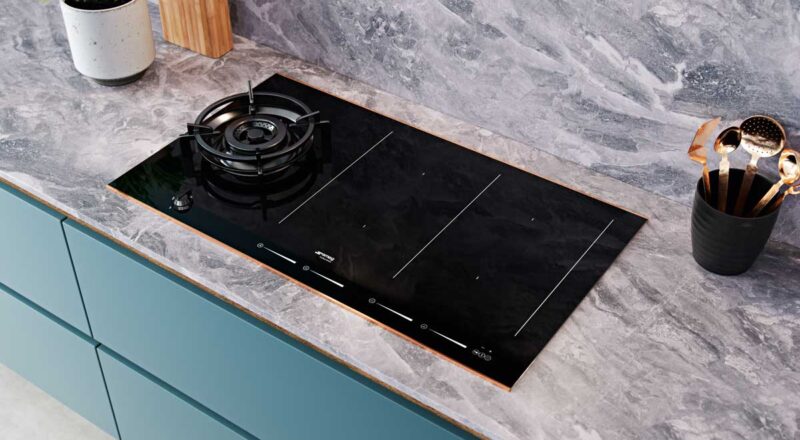
Introduction
As we move into 2024, many kitchen enthusiasts and professionals are questioning whether cast iron remains a viable option for induction cooking. The traditional cast iron pan has been a staple in kitchens for generations, known for its durability and excellent heat retention. However, the rise of induction cooktops has sparked debate over the compatibility and efficiency of cast iron in modern cooking.
This article explores the relevance of cast iron in today’s induction cooking landscape, examining its benefits and challenges.
Understanding Induction Cooking
What is Induction Cooking?
Induction cooking uses electromagnetic fields to directly heat cookware, making it faster and more efficient than traditional gas or electric cooking methods. This technology requires compatible cookware, typically those with a magnetic base.
How Induction Works with Cast Iron
One of the advantages of cast iron is its magnetic properties, which make it compatible with induction cooktops. However, there are nuances to consider when using cast iron on induction.
Advantages of Cast Iron for Induction
Heat Retention and Distribution
Cast iron is renowned for its ability to retain and evenly distribute heat, which is beneficial for cooking on induction stoves. This ensures consistent cooking results.
Durability and Longevity
A well-maintained cast iron skillet can last a lifetime. Its robustness is unmatched, making it a sustainable choice for those investing in quality cookware.
Natural Non-Stick Surface
With proper seasoning, cast iron develops a natural non-stick surface. This feature is advantageous for various cooking techniques, from searing to frying.
Challenges of Using Cast Iron on Induction
Weight and Handling
The heaviness of cast iron can be cumbersome. It requires careful handling, especially on glass induction surfaces, to prevent scratches or damage.
Heating Speed
While cast iron retains heat well, it takes longer to heat up compared to other materials like stainless steel. This can be a drawback for quick cooking needs.
Potential for Hot Spots
Uneven heating can occur, leading to uneven browning or cooking results. Understanding how to manage this is crucial for optimal performance.
Maintaining Cast Iron for Induction Use
Seasoning and Care
Regular seasoning is essential to maintain the non-stick properties of cast iron. Proper care extends its lifespan and enhances cooking performance.
Preventing Cold Spots
Cold spots can affect cooking efficiency. To address this, ensure the pan is properly preheated. For more insights, visit preventing cold spots.
Modern Cast Iron Innovations
Design Improvements
Manufacturers are innovating with lighter and smoother surface designs, enhancing the compatibility of cast iron with induction cooktops.
Enhanced Induction Compatibility
Newer models feature improved magnetic bases, ensuring better performance on induction stoves.
Expert Opinions
Why Some Chefs Prefer Cast Iron
Many chefs continue to favor cast iron for its unique cooking qualities that cannot be replicated by modern materials.
Considerations for Home Cooks
For home cooks, the decision to use cast iron on induction depends on personal preferences and cooking styles.
Conclusion
While cast iron may face challenges in the context of induction cooking, it is far from outdated. Its enduring qualities make it a valuable tool for those willing to embrace its quirks and benefits. As technology and cookware designs evolve, cast iron continues to hold its place in the modern kitchen. For more on this topic, visit Lodge Cast Iron.

FAQs
Does cast iron scratch induction cooktops?
Yes, the weight and rough surface of cast iron can scratch glass induction surfaces if not handled carefully.
Is it necessary to season cast iron for induction cooking?
Yes, seasoning is crucial to maintain the non-stick quality and prevent rusting of cast iron.
Can cast iron be too heavy for induction stoves?
While cast iron is heavy, most induction stoves are designed to support its weight, but care should be taken to avoid damage.
This article contains affiliate links. We may earn a commission at no extra cost to you.

